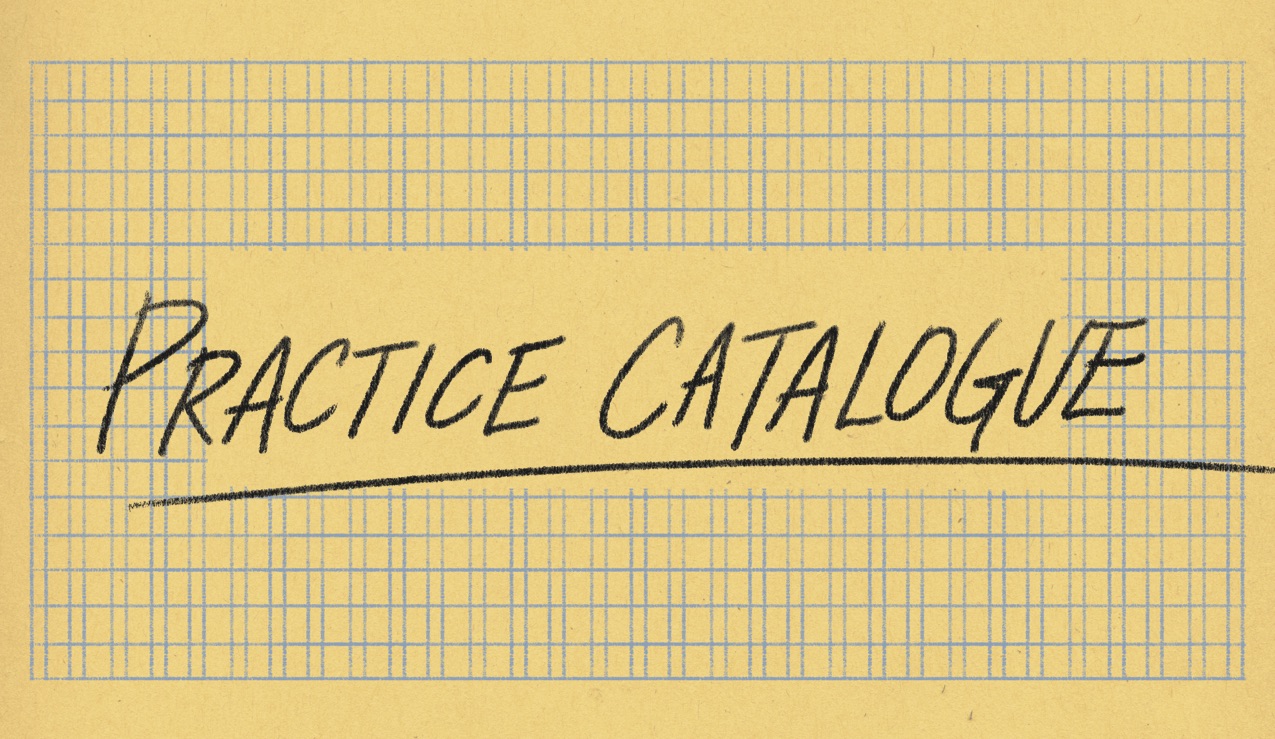Rebecca Ariel Porte on Parenthetical Poetics
Never have I known whether I have written a single poem, nor whether I am capable of calling myself a poet or whether I should want to be. I seem to write only when I am meant to be doing something else. Elided acting subject of “am meant,” the one who means, is: capitalism, patriarchy, power. I seem to write only when capitalism-patriarchy-power mean for me to be doing something else. A form of scavenging, perhaps (Ruth amid the alien corn, a gleaner), though I cannot bring myself to ennoble this distressing habit with the name of subversion. I am exactly like anyone. I am in no way special.
In a Q&A with POETRY, the late Lucie Brock-Broido borrows a term of art from the introduction to Paul Celan’s Last Poems (I have never managed to track down the original volume and so I cite Brock-Broido’s citation): Widerruf, a German word meaning revocation or cancellation). In the hands of Celan’s unnamed introducer, Widerruf signifies (this usage apparently a hapax legomenon) “the refutation of a given poem (often Rilke’s) by one of [Celan’s] own . . . in which a stylistic devolution “creates out of its own wreck the thing it contemplates.” Brock-Broido describes herself as “in Widerruf” with Emily Dickinson, by which she means not merely a practice of refutation but of conversational agon (whose face is only sometimes agonized). Perhaps I am a little bit in Widerruf with Brock-Broido but mostly I am in Widerruf with a world that will let me rest neither in the notion that it is designed to forbid imagination nor that it is designed to compel it—in Widerruf with a world shot with the cruel genius of an indifference that neither forecloses nor compels the possibility of love—in which approximately one third of the tragedy is that things could be much, much worse, one third that they could be much, much better, and one third that they could have been different. In such a world, to forget the future tense is, perhaps, a kind of perversely velveted luxury. I am creating out of its own wreck the thing I contemplate, it contemplates, we contemplate.
Elsewhere (it’s BOMB Magazine, I think), Brock-Broido cites the Polish poet Zbigniew Herbert’s distinction between writers as cats and writers as oxen. The ox, Herbert tells us in this recounting, is “plodding and deliberate, and goes back and forth and back and forth and line-by-line, and dutifully plows his acre by the light of day. And then there’s the cat—who’s sleek and nocturnal and furtive and has sporadic leaps at writing.” A cat who has wished quite desperately (inasmuch as wanting-to-write can be a form of desperation) to be an ox, I mostly rest unanimaled in the future-wish that life, time, labor might someday be organized so that the choice for all of us—out of all the world’s menagerie—is not binary of species.
If I had the time, I would write about what all this leads to, which is merely and precisely the parenthetical, constituted as a form of luxury with which (nonetheless) we can’t do without, necessary luxury, from which we can’t stop ourselves. (Against the economy of self-preservative reason, art gets made, sometimes even at the expense of what austerity logic wants: the instrumental reduction to life as bare life .) And so: this dream essay with all my favorite literary parentheticals in it. Parentheses: punctuation mark that protects and dismisses (goniochromic rainbows on the surface of a bubble). Parenthesis: rhetorical figure where we keep our digressions, amplifications, explanations safe and mark them, at the same time, as excess, as if a little embroidery were also a source of shame (as any excess of pleasure has the potential to be). I have no time, of course, and this may be all of it there’ll ever be, my last word on the subject (it hurt to write that). Well—nonetheless. With reference to the circulation of early modern poetry, a scholar named Marotti explains that poems were inscribed “not only on paper, but also on rings, on food trenchers, on glass windows (scratched with a pin or diamond), on paintings, on tombstones and monuments, on trees, and even (as graffiti) on London’s Pissing Conduit.” Parenthetical space, poetry as parenthesis out there in the physical world, annotation for the world-as-it-is that peers extravagantly into the life of the world to come (engraved on the windows we look through, the boards from which we eat, the trinkets with which we adorn ourselves, the graves and memorials, the living trees, the outhouses and the oubliettes), poetry quarantined, like so many fearful pleasures, in ( ).
You know, I suppose, the origins of the marks we use to signify the parenthetical—( )—which come into vogue (I think) c. the fourteenth century? Myself an inveterate parenthetical, will-I-nil-I, I’ve loved the old, Latinate words for them ever since I learned them: virgulae convexae, phrase which reminds me of the cloudy phenomenon of virga, or else (and I may love this one even more)—lunulae—which sends me straight to Coleridge’s epigraph to “Dejection: An Ode,” a few lines of “Ballad of Sir Patrick Spens” you’ll remember—“Late, late yestreen I saw the new Moon,/With the old Moon in her arms.” Lunulae. The word, also, for the small white crescents vitrined under the curio-cabinet nails, so that we carry the parenthetical (most of us, anyway, barring certain forms of innovation or damage) twenty times inscribed on the body, twenty snapshots of a passing phase: lunulae (the little moons).
[Rebecca teaches at the Brooklyn Institute for Social Research and is at work on a book about Paradise, Arcadia, and the Golden Age]
